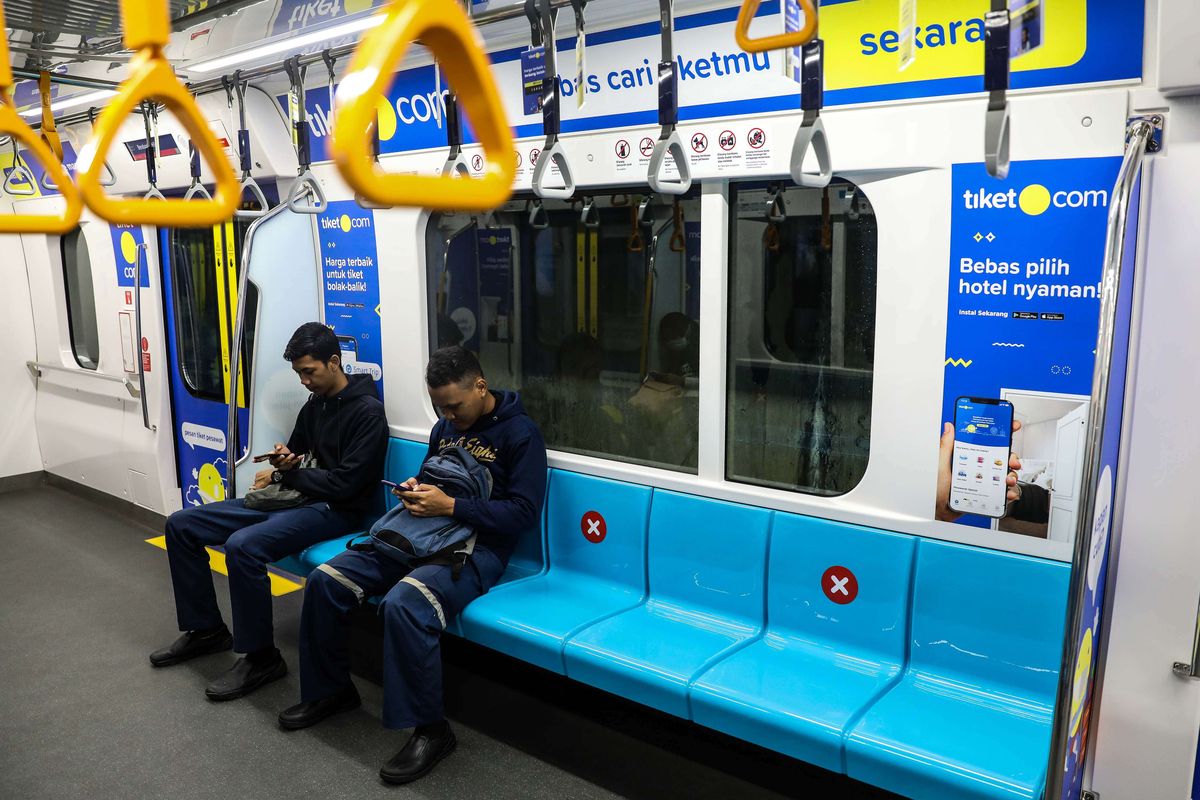Indonesia’s Digital Divide Limits Reach of Service Delivery, Says Sri Mulyani

JAKARTA, KOMPAS.com – Finance Minister Sri Mulyani highlighted Indonesia’s digital divide that has come under the spotlight during the coronavirus pandemic.
Sri Mulyani mentioned that there has been an acceleration of adapting to digital tools from the pandemic, however, there is unequal access to technology in Indonesia.
The Finance Minister underlined a finding by think-tank Centre for Strategic and International Studies (CSIS) which revealed that only one out of five occupations can shift and adapt to digital technology.
Read also: ASEAN Ministers Agree to Improve Sustainability of Supply Chain, Digital Trade
Sri noted that the government’s policies have been tailored to bridge Indonesia’s digital divide while also supporting jobs that find it difficult to adapt to rapid technological changes.
However, she pointed out that the Indonesian government must provide facilities for occupations that cannot easily adapt to digitalization in order to spark transformation.
“In terms of users, there is a huge gap particularly in emerging markets like Indonesia where there are different qualities of internet access.”
Read also: Erick Thohir: Coronavirus Pandemic Pushing Indonesia to Go Digital
There are some parts of Indonesia where internet access is a form of luxury which causes limitations in service delivery and social assistance programs.
“For example, when we talk about implementing online learning in Indonesia to accommodate the needs of our students, we are reminded that not everyone has internet access or the tools for it. In fact, there are some who have inadequate digital literacy skills, and they are the ones who will easily lose their access to education during the pandemic,” she explained.
Indonesia’s Finance Minister further mentioned that the government has also worked on providing social assistance programs to its citizens while also addressing Indonesia’s digital divide throughout the coronavirus pandemic.
Read also: 12 Million Indonesian SMEs to Get Cash Assistance from Government Soon
A subsidy for electricity offered to 40 percent of the lower-class was provided in addition to free internet access for teachers, students, and university students.
“There are plenty of things that we have provided including different facilities which serve as a backbone during the Covid-19 pandemic,” Sri Mulyani said.
(Writer: Mutia Fauzia | Editor: Bambang P. Jatmiko)
Simak breaking news dan berita pilihan kami langsung di ponselmu. Pilih saluran andalanmu akses berita Kompas.com WhatsApp Channel : https://www.whatsapp.com/channel/0029VaFPbedBPzjZrk13HO3D. Pastikan kamu sudah install aplikasi WhatsApp ya.






























